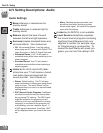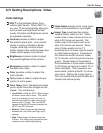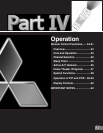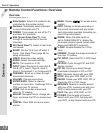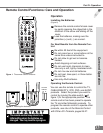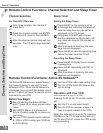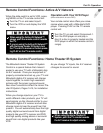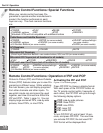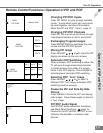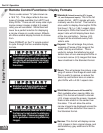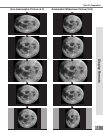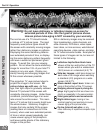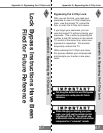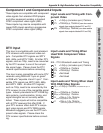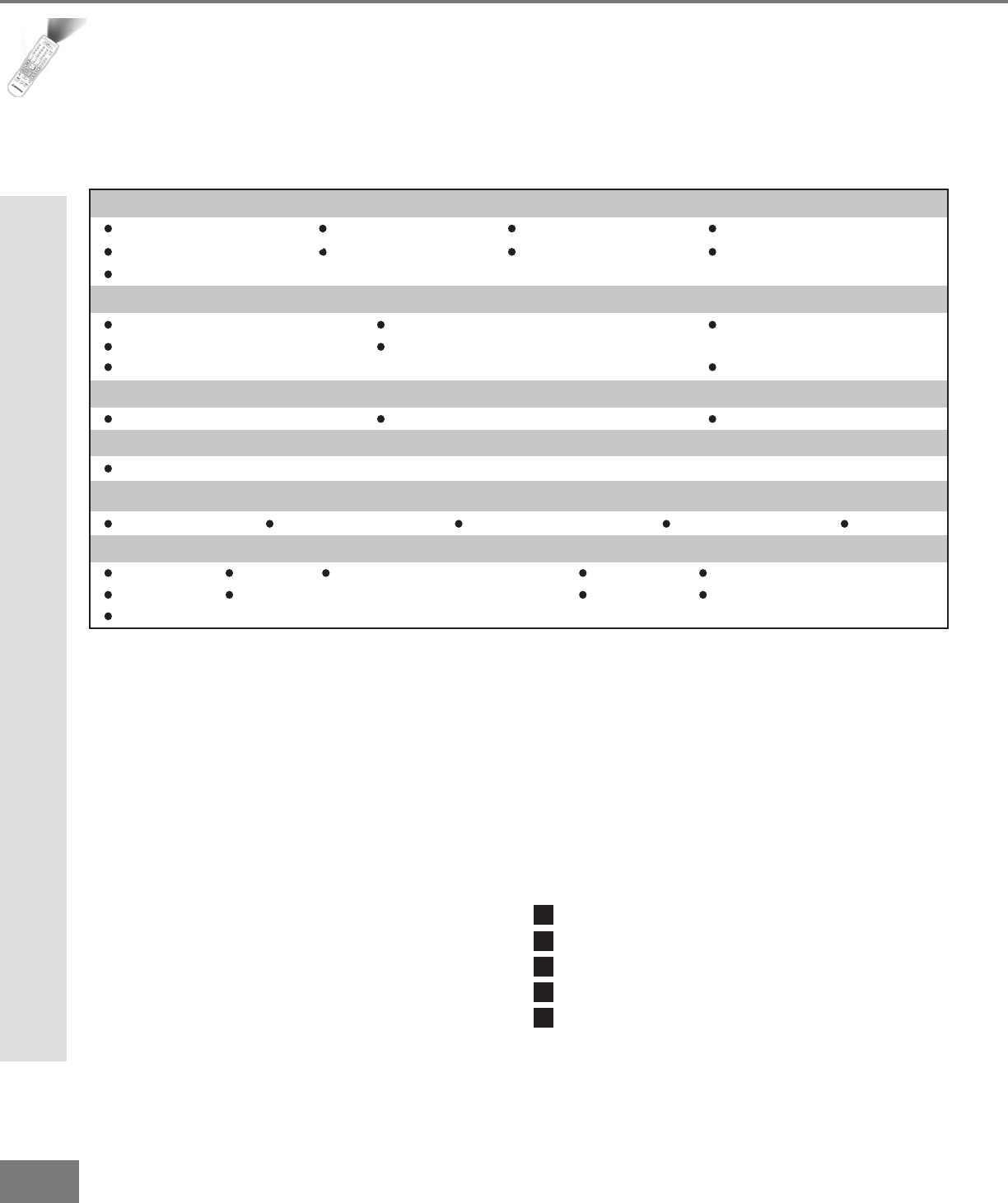
58
58
VCR
Cable Boxes and Satellite Receivers
A/V Receivers
Mitsubishi CD Players (not all functions for all models)
Mitsubishi A/V Receivers
DVD and Laser Disc Players (not all functions for all models)
POWER
POWER
CHANNEL
up/down
ENTER
(on some models)
STOPPAUSE
MENU
REW/REVPLAY FF/FWD
ADJUST
up/down/left/right
(on some models)
VOLUME MUTE
GUIDE
(on some models)
CANCEL (on some models)
POWER PLAY
REC STOP
PAUSE FF/FWD
REW/REVCHANNEL
up/down
Mitsubishi VCRs will be compatible with additional buttons
0-9 Number Buttons (on some models)
POWER
STOP
PAUSE
REW/REV
ENTER
PLAY ARROW up/down/left/right
(on some models)
CANCEL (on some models)
0-9 Number Buttons (on some models)
Direct Input Selection Buttons -
use number buttons, SQV, and QV (on some models)
Part IV: Operation
Remote Control Functions: Special Functions
When your remote control has been Pro-
grammed to operate another manufacturer’s
product, the function performed on each
layer can vary. The most common functions
are:
Remote Control Functions: Operation of PIP and POP
Picture-In-Picture (PIP) and Picture-Outside-
Picture (POP) features allow you to view Pro-
gramming in different ways. While watching
the main screen, you can display programs
from other channels and other inputs. To
see which inputs can and cannot be used
together, see How Connections Affect the
PIP and POP - Table 1, page 14. You can
display large and small PIPs, side-by-side
pictures, three POPs, or nine POPs.
Activating the PIP and POP
Figures 1-5 on following page)
Press PIP/POP to choose a display format.
With each press of the PIP/POP button on
the TV remote control (within 3 seconds of
each other), the PIP/POP will cycle through
the following display options.
1
POP: side-by-side pictures
2
POP: three POPs
3
POP: nine POPs
4
PIP: large PIP
5
PIP: small PIP
To turn PIP/POP off, wait at least 10 sec-
onds, and press PIP/POP. The next time
you activate PIP/POP, the last used PIP/
POP format will be displayed rst.
Special Functions and Operation of PIP and POP



